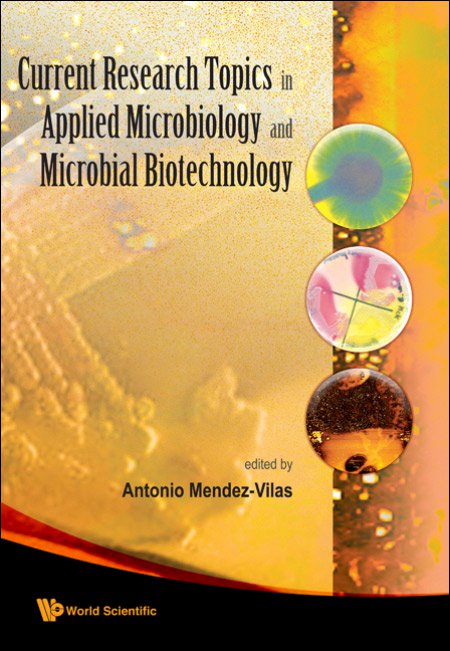A brief note about the effect of microbial growth rate on the assimilation of toluene by Acinetobacter sp.
Studied was the activity of the enzymes involved in the bacterial assimilation of toluene by carbon source limited Acinetobacter sp. grown in titrostat under strictly controlled conditions with specific growth rates ranking from 0.015 to 0.109 h-1 corresponding to metabolic rates (g toluene assimilated by 1 g cells per hour) from 0.038 to 0.144 h-1. The study confirms the supposed catabolic pathway of toluene by Acinetobacter sp. via benzoate, benzaldehyde and catechol. The activities of two enzymes of this pathway were found to increase with the rise of microbial growth rate: benzaldehyde dehydrogenase and catechol-2,3-dioxygenase (C23O). Observed was a sharp increase of the specific C23O-activity with the rise of microbial metabolism from nearly maintenance rate, 0.022 h-1, to 0.046 h-1 which could be explained with the generally accepted view that the meta pathway catalyzed by C23O provides considerably more energy needed for the activated constructive metabolism of the organism.



